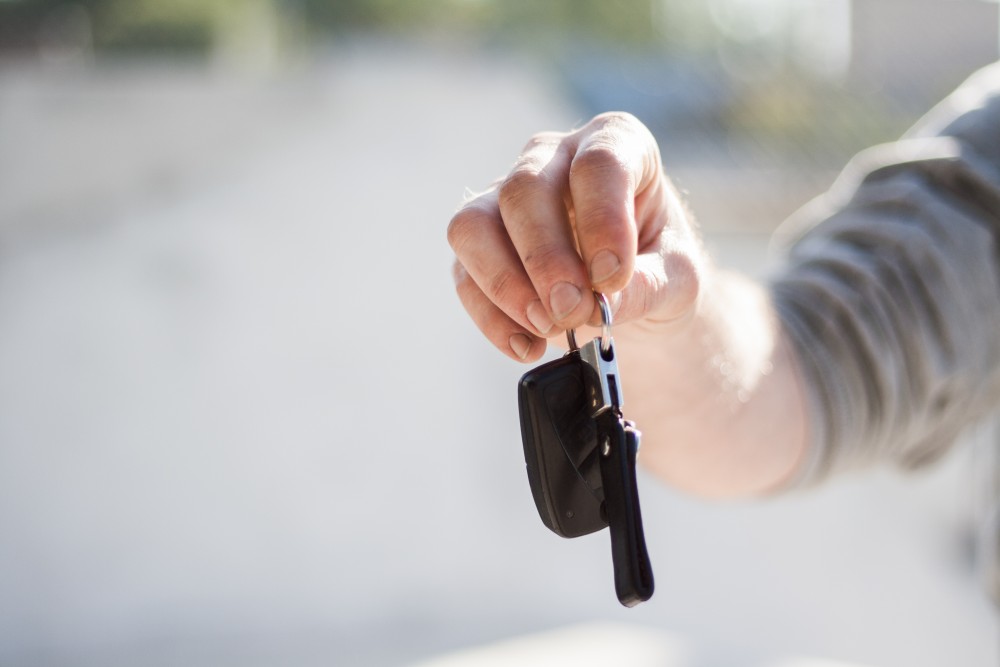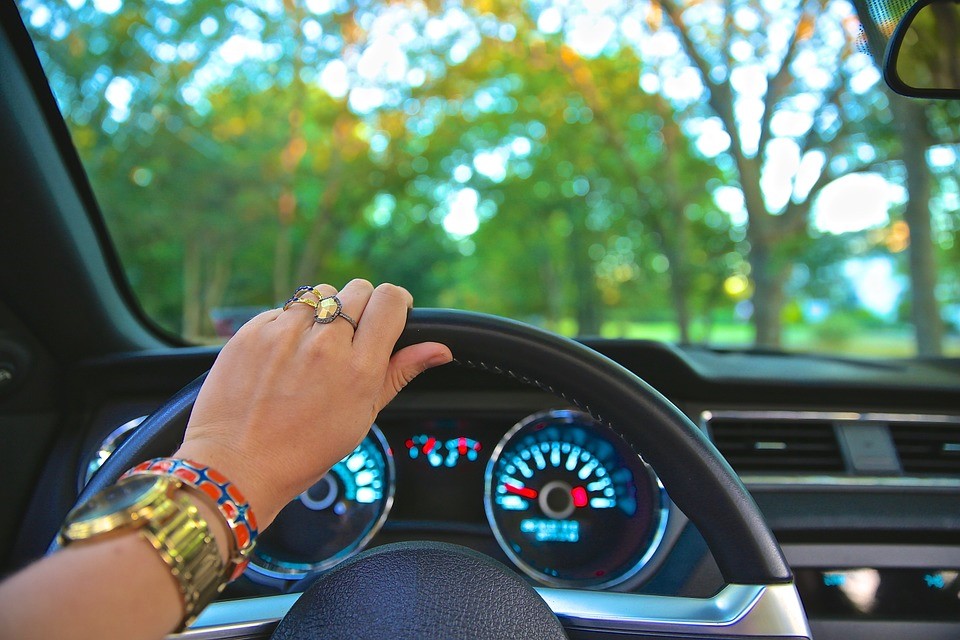Before leasing a car or van, or a fleet of either, you’ll have some serious considerations to take into account. For example, you won’t own the vehicle, but neither will you have to worry about selling it at the end of the lease period. Leased vehicles are new, look impressive and are often delivered from the same local dealership just as if you were buying from there – the big difference is that cars depreciate in value very quickly, which makes leasing a less expensive way of driving.
Here are six questions to ask yourself before signing the lease forms:
What do I need from a car?
Do you need to have the newest vehicle? What is most important when leasing a van or car – image, efficiency, cost or reliability? The answers to each of these questions will provide food for thought as to whether you take out a long-term, low cost lease on a new vehicle that isn’t yours, and perhaps how you use it. For example, newer commercial models are often more reliable, more eco-friendly and safer, and if you lease them you’ll enjoy a raft of other, optional extras.
Ask yourself about the required amount of mileage needed from the vehicles and don’t exceed it, as the penalties incurred might be more expensive than if you had gone for a higher mileage rate in the first place. Lease companies tend to advertise deals that appeal to the majority of their customers who travel between 8,000 to 12,000 miles per year. If you expect to travel more than that on an annual basis it is better to select a higher mileage allowance at the start than pay excess mileage costs at the end of a lease – though over mileage charges aren’t as expensive as you might think and can be as little as 5p per mile.
What is the residual value of the vehicle?
The residual value refers to the forecasted value of the vehicle at the end of the lease; knowing this, and the current value, will therefore allow you to calculate the depreciation and whether your monthly payments reflect this and whether it’s worth taking on the lease. Don’t forget that the owner of the vehicle will want to get something back from it once it is returned, by selling or re-leasing it.
How much can I save?
As with many services, you’ll need to make an initial payment. This will depend on the type of vehicle, the term of the lease (usually 24-48 months), and other factors. You might have to make a payment of one to three months up front (one of these months actually pays for the ‘last’ month of the term), alongside fees to cover the licensing and registration of the vehicle and various processing fees. That’s all one month – now compare it to paying outright for a new vehicle, or getting one on higher purchase. It’s a fair bet those monthly sums will be considerably higher. Do your sums.
Is there a warranty?
If the spell of your lease can be matched by the warranty length, it might be a perfect way to avoid paying for any major repairs to the vehicle. One would hope that a new car does not need any such repairs, but this will at least cover you in the event of disaster.
Does my insurance cover lease hire?
There are numerous tactics to get cheaper motor insurance, but make sure that any premiums you take cover lease hire, as many insurers assume that you will be the vehicle owner.
Will I want to own it at the end?
With an open-ended lease this won’t matter so much, as you’ll be driving it indefinitely until you end the term yourself. However, with a closed lease you’ll arrive at the end of your term without owning the vehicle but after benefiting from significantly lower monthly payments and not worrying about vehicle depreciation. Some lease contracts allow you to buy the vehicle – for a fee agreed at the start of the term – but you might prefer to take out a fresh deal on a different, brand new model instead.
Find a Home-Based Business to Start-Up >>> Hundreds of Business Listings.


















































